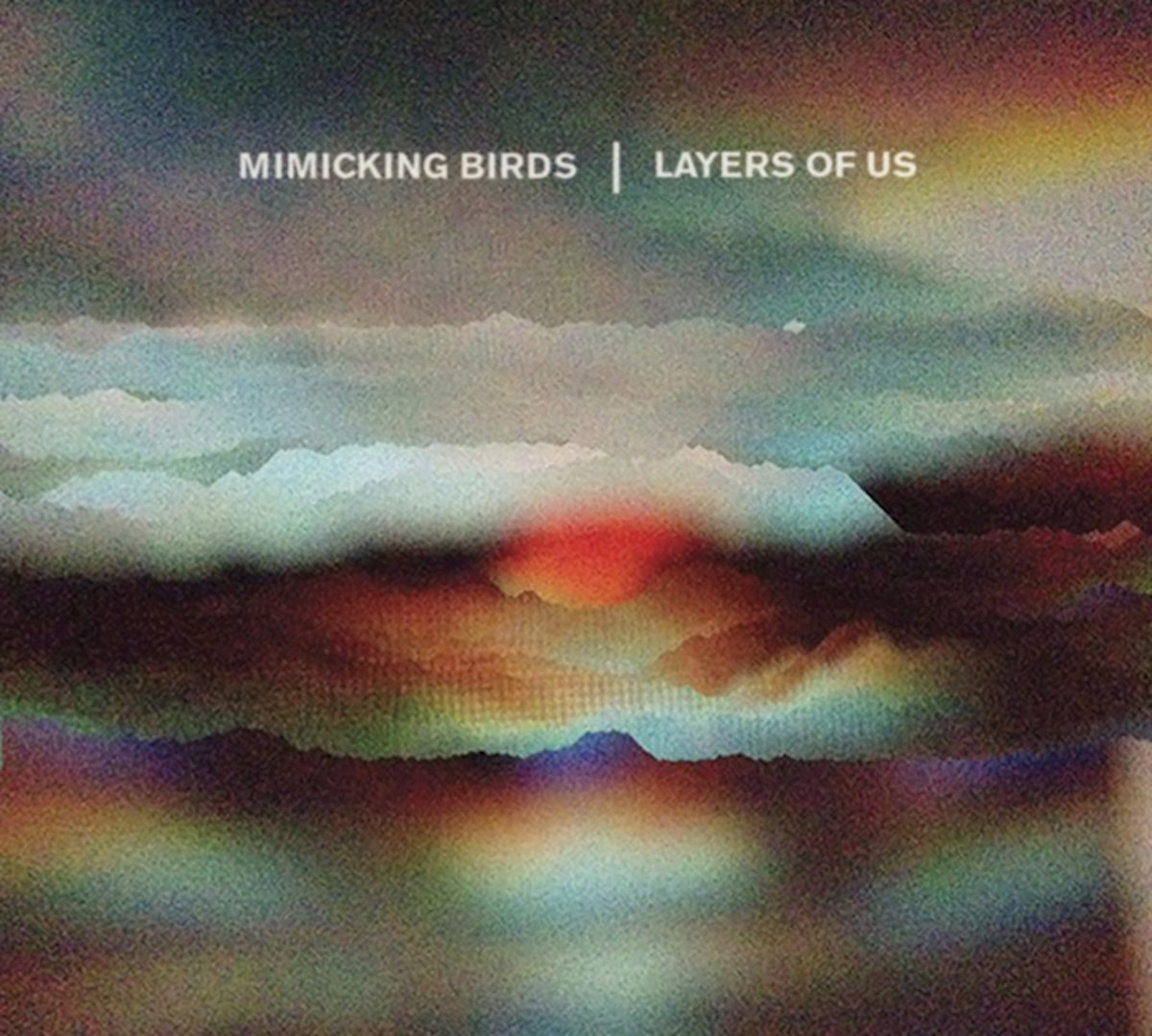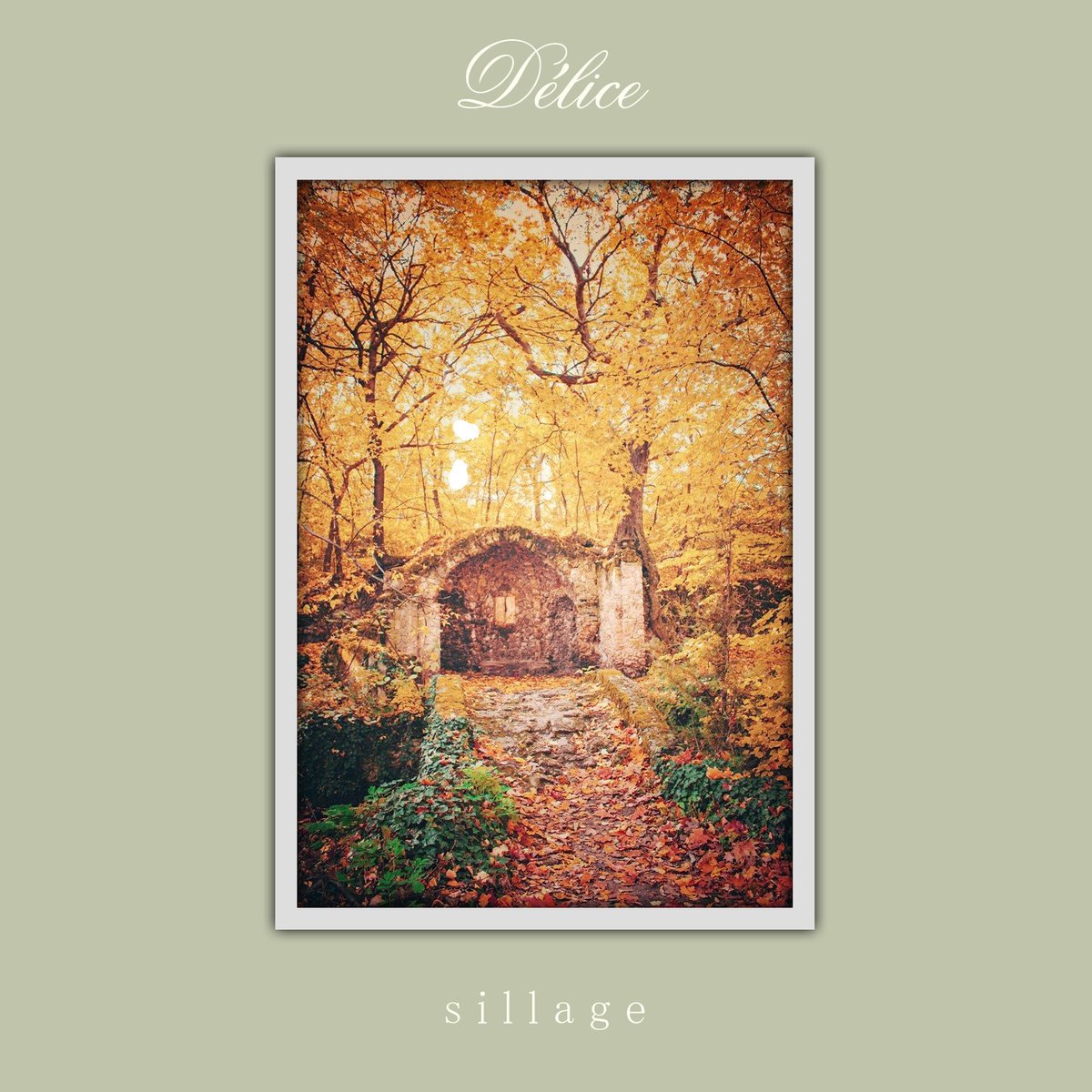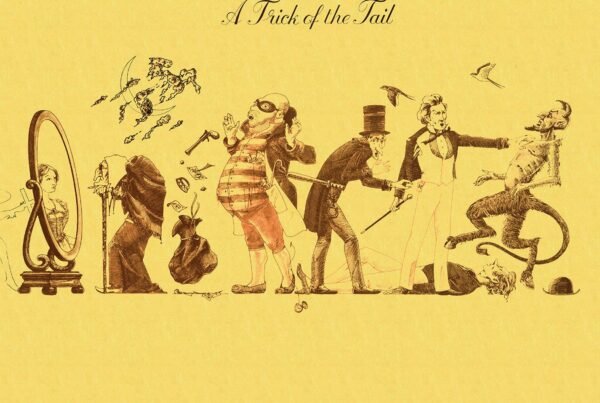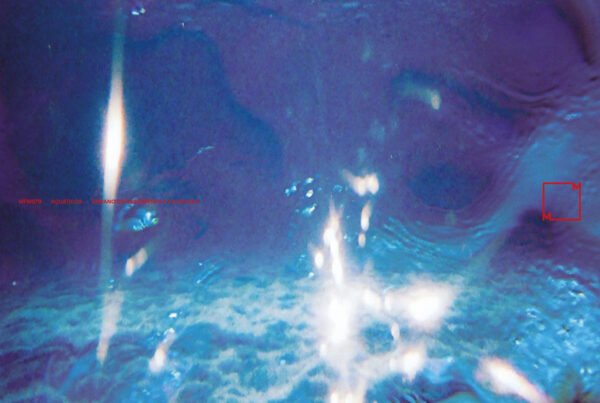We’re back with more albums that we forgot to review! Missed Connections is a feature that allows us to look back on great albums of 2018 that weren’t covered at all on Everything Is Noise. Today, we cover three new album from Délice, Mimicking Birds, and Seventh Wonder!
If you missed Part One, then click here.
Dominik
On paper, Délice (and by extension their latest record Sillage) have a lot going for them that should have put them on my radar this year, despite the fact that they’re relatively obscure. Their romantic take on the whole atmospheric black metal/blackgaze trope, aided by its beautifully lo-fi production, is nothing short of immersive and evocative. These are things I actively look out for while searching for new music in this particular genre, and yet I never actually stumbled across Sillage for one reason or another. I have my friend and colleague Tim Fleskes to thank for turning me onto this little gem of a record.
How should I describe the album’s sound to someone who hasn’t listened to it yet? It’s a fleeting memory of bygone naivety, the last touch of warming sunlight before winter’s cruel grip of frost and snowfall tightens around every being that hitherto rejoiced in Mother Earth’s bosom so gleefully. In my imagination, this is what black metal would sound like had it been invented by the Hobbits of the Shire. Sillage captures a certain longing for nature similar to that of 19th century Romanticism; it exudes an affectionate, earthy warmth that’s otherwise very elusive in this style of music.
One might argue that the production value of Sillage is flat-out bad, even when viewed as a purposefully lo-fi affair, but I would beg to differ. Sure, it’s not even close to being perfect by any means, especially compared to the standards set by many, many other records that came before, and will likely come after, Délice’s début, but that assessment fails to account for the fact that it works perfectly in this particular setting. There’s just a certain satisfying aesthetic to the way the black metal elements cross the border into the realms of ambient noise on multiple occasions.
Bookmarked by the short piano pieces “A Letter to Spring” and “A Letter from Autumn”, the album’s 37 minutes of runtime hold a world of endless latitude and lush compositions. The piano remains a central feature throughout, which becomes apparent early on with songs like “Everlasting Autumn” or “Pearlescence”. In the latter, it carries the entire introduction, not taking the backseat even when the rest of the instrumentation joins in. It actually shares the spotlight with the vocals, which likewise stand out ever so slightly in the mix. When the song breaks town to only piano, clean guitar, and droning ambience around the three-minute mark, one can almost physically feel it taking a short breath before launching into another washed-out blackened barrage.
“Petrichor”, the shortest song on Sillage bar the in- and outro pieces, begins with a majestic guitar motif over a half-time drum groove. The addition of a second guitar melody then signals the impending change in speed and intensity. To be fair, it must be said that the band’s music has a serene quality to it even within these heavier parts. After keeping the tempo high over the next couple of minutes, Délice let the track fade into the ether to the ambient sounds of a thunderstorm.
There’s something to be said for these albums that seemingly come out of nowhere to take your heart by storm. You never know when they might enter your life, and that’s part of why they yield one of the most satisfying and compelling listening experiences to be had in my opinion. I’m thankful for having had the pleasure of encountering this album, and I’m sure that I’ll continue to enjoy its presence for years to come.
Jake

Trying to keep up with music released in almost any given interval is a task that is seemingly growing more difficult as each day passes. This grows even more difficult when your musical tastes are expanding. But you’re reading this now, so to some extent you care about what music you missed, so I’ll not labor the point any further. Mimicking Birds isn’t a band that I was familiar with before this year began, but after hearing their newest effort, Layers Of Us, I was shocked that I hadn’t encountered them before. They seamlessly blend indie rock and folk, as well as lite electronic elements and pop sensibilities into a parfait of tasty compositions that I find myself madly in love with.
One of the standout aspects of this record for me are the vocal melodies. They dance around the instrumentation in playful ways that aids in the carefree vibe of the album. The opening track “Dust Layers” goes through many twists and turns, showcasing some genuinely progressive moments with some timing changes and busy instrumentation during the closing moments. While the band is lyrically snappy, there’s no overwrought introspection that often rears its head in this genre’s territory.
When I say that this is an indie rock band from Portland, Oregon, that comes with a few preconceptions on how Mimicking Birds will sound, but I’m pretty certain that they will sound less like your expectations and more like the soundtrack to your next road trip. “Another Time” feels like a song that one would expect in this space, but it’s executed at a high level, and again the vocal lines dance about and embellish the song in the all the right ways.
Just when you think you know where this band is headed, they come along and slap you in the face with an upbeat pop track like “Sunlight Daze” that refuses to be dour. It makes me want to dance under the stars with one of those fancy drinks with those little umbrellas in it. In showing just how diverse they are, “Great Wave” shows up just a few songs later and its steady build is rife with anticipation. The swells that act as the crescendo to the song are incredibly rewarding. It’s actually incredible.
My favorite track on Layers Of Us is without a doubt “Lumens”. It’s the audio equivalent of a wistful gaze. Again, the vocal lines are at the forefront of my enjoyment; it darts here and there with double-time phrasing at times followed by contrasting angelic sustained notes. The open rolling guitar and synth keys flesh out the instrumentation and it all coalesces into a symphony fit for spring celebration. In a year filled with incredible music in this space, and in all others, this standout album mixes compositional prowess with big imagination. This formula creates an album that dodges simple categorization, but places it squarely in my list of the best that this year had to offer.
Tyler

The broad strokes that make up Tiara come from aged hands passed down, using a palate of sonic hues that one could hardly call fresh, despite the vibrance of some of the shades. A power prog conceptual piece that follows up the age-old question of ‘can you have your cheesecake and eat it too?’, with ‘just how rich is too rich?’ In this writer’s humble opinions, that line is toed and occasionally crossed for most of the album’s runtime, yet still manages to be an engaging experience due to some interesting choices in composition and highly competent execution that belies the experience many years of practice have given.
Engaging as it is, the newest release from Seventh Wonder rarely manages to give more than is expected. As a concept, the text reads through simple audio-narrative consonance as if they kept a copy of the nineties prog album handbook on the writing desk. In addition to emotional appeals that work on the same level as hearing “Pachelbel’s Canon” during your kids’ graduation, its use of recurring melodic/lyrical motifs and simple conveyance of characters through phrasing and a secondary female vocalist are effective, if not particularly creative, ways to tell their sci-fi fantasy story.
That’s all fine and dandy, but the music is what’s most important when discussing a new record, and in this regard it feels akin to the audio equivalent of a Brandon Sanderson novel – simple, fun, and with an execution that is more than a little transparent in both intention and direction. Songs like “The Everones”, “Victorious”, and “Tiara’s Song (Farewell Pt. 1)” use well-worn prog tropes with a palpable energy that kept me invested. What really kept me coming back, though, were the instances where the band diverged from the typical template, even if not all attempts were successful.
“Against the Grain” has a really nice placement of movements, using interesting transitions from acoustic intro, to middling verse, an extended bridge, and finally an energetic chorus. “Beyond Today” is one that toes the aforementioned line, but come off quite emotional if you can get invested, the track being primarily vocals. “The Truth” also has this sweeping bass melody that I couldn’t get enough of, even if it’s only there for a short while. These highs are contrasted with the ‘by the numbers’ approach of many of the other songs, but more notably, vocal phrasing that crosses the line more often than I would have hoped; “Dream Machines” easily being the worst offender during its pre-chorus sections.
This isn’t Mercy Falls, nor are we at a point in time where the genre is as quiet as it used to be. All Tiara had to do to be successful was to have unique, memorable moments that encouraged fans of the genre to eventually return to the record. This won’t sell others on the stylings, and it doesn’t need to.







